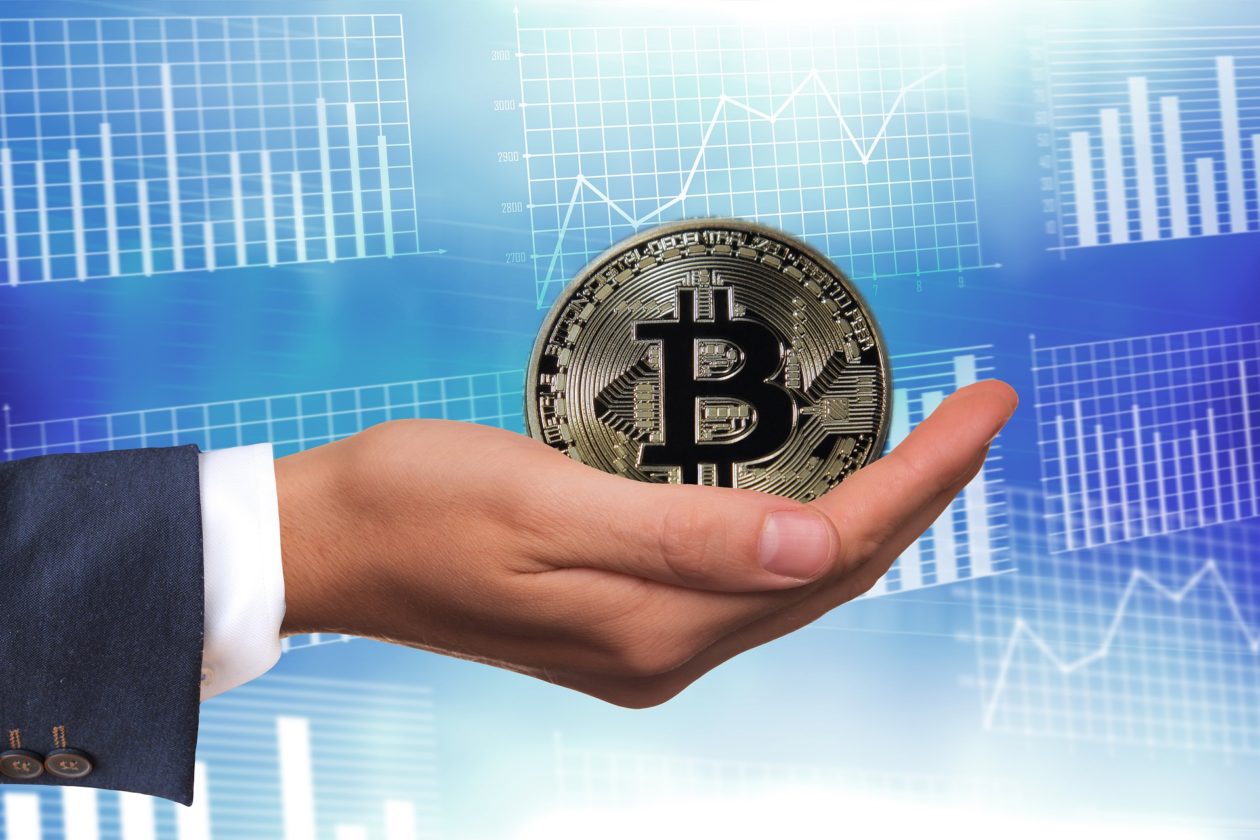The Brooker Group, a publicly listed financial consultancy and capital management company in Bangkok, this week reported that it held US$23.86 million of digital assets, according to its financial results for the first six months of 2021.
Fast facts
- The Brooker Group also reported an impairment loss of US$12 million in the first half of 2021, due to the reduced value of its crypto assets holdings.
- Notwithstanding the crypto market correction in May, the company has continued to invest in digital assets despite the crypto-related impairment loss. The company, on June 30, bought US$35.9 million worth of digital assets, adding to its 122 Bitcoin holdings, valued at about US$6.6 million, that it acquired in March.
- Other publicly-listed companies have also reported crypto-related losses due to the recent crypto market correction. Last month, electric carmaker Tesla reported in its Q2 2021 financial results update that it held US$1.3 billion of Bitcoin and had taken a Bitcoin-related hit of US$23 million due to the fall in Bitcoin prices.
- According to The Brooker Group’s filing with the Thai stock exchange in May, the company’s crypto investment strategy is “a diversified portfolio of multiple sectors in the digital asset ecosystem, including but not limited to Bitcoin, Ethereum, Binance, Uniswap, Enjin, Filecoin, and other stablecoin digital currencies.”
- The Brooker Group has been one of the first publicly listed companies in Asia to invest in decentralized finance (DeFi) as a way of diversifying its portfolio of assets, which include digital assets, alternative funds and real estate. Earlier this year, the company said it planned to invest over US$50 million in a portfolio of decentralized applications and DeFi tokens, a move that would see the company commit around half of its assets to the sector.
- Varit Bulakul, president of investment banking and digital assets at The Brooker Group, told Forkast.News in an email that as early institutional adopters of crypto, the company sees its investments into crypto-related projects and digital assets as helping to position the company for a continually evolving future.
- “Digital assets are a high volatility asset class, but the expected return on this asset class is also extremely attractive,” Bulakul said. “Crypto will enable access to new capital and liquidity pools through traditional investments that are tokenized, as well as to new asset classes.”
- The concept of open finance will be more easily adopted thanks to constant tech innovation updates, rapid ecosystem expansion, and explosive network user growth despite recent price correction. These three pillars support the current optimism of the digital asset world and will continue to bridge the gap between centralized finance (CeFi) and decentralized finance (DeFi).
- Bulakul said that Brooker was “confident that volatility concerns will fade, and we are focused on achieving returns with a suitable risk profile in the current market environment. Digital assets will change how the world operates, so we do not have any fear, uncertainty, doubt (FUD) with short-term price volatility.”





